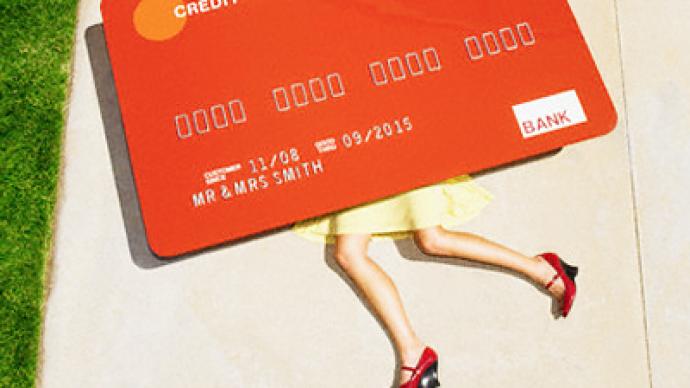US government spying on your credit cards

A newly released US government document revealed federal law enforcement agencies have been tracking the use of credit cards, member cards and travel reservations online without obtaining warrants.
Security researcher Christopher Soghoian obtained the document, which outlines the digital tracking of those under criminal investigation, was obtained under a sunshine request. The document showed the US Justice Department was following targets via credit card companies, calling cards and store membership programs. The digital surveillance and tracking was carried out without a court order and without any oversight.Soghoian explained the government has been known to be able to access credit card history, the information the documents reveal however is they are now doing so in real-time, showing what, when and where an individual is purchasing an item.“In the past they were able to get historical information with a subpoena,” he explained. “The surprising thing is they’re able to track you in real time without having a judge really revue whether that is ok, there is no sort of Fourth Amendment protections.”
Another concern is the tracking of airlines, merchandise, shopping clubs, other service loyalty and membership programs. Basically, the government can track what you do, where you do it and when – ranging from vacation travel to grocery shopping. “They’re not getting any judicial oversight of these requests. We really don’t have any sort of check and balance. There is no audit trail. We don’t know how many of these requests are happening. There’s not really any protection against abuse,” said Soghoian. “This is potentially a very large program.”There is no law that gives law enforcement officials the power to gain real time or prospective transactions. The law only allows for officials to request historical records. “What they have done is just said, well we have the authority,” he said. “Until a bank tells them to get lost and fights it out in court, the courts really won’t weigh in on the issue. So, we have no real protection here. We’re waiting for a bank to stick up for their customers’ privacy. But, until that happens this made up authority will continue to be used.”












